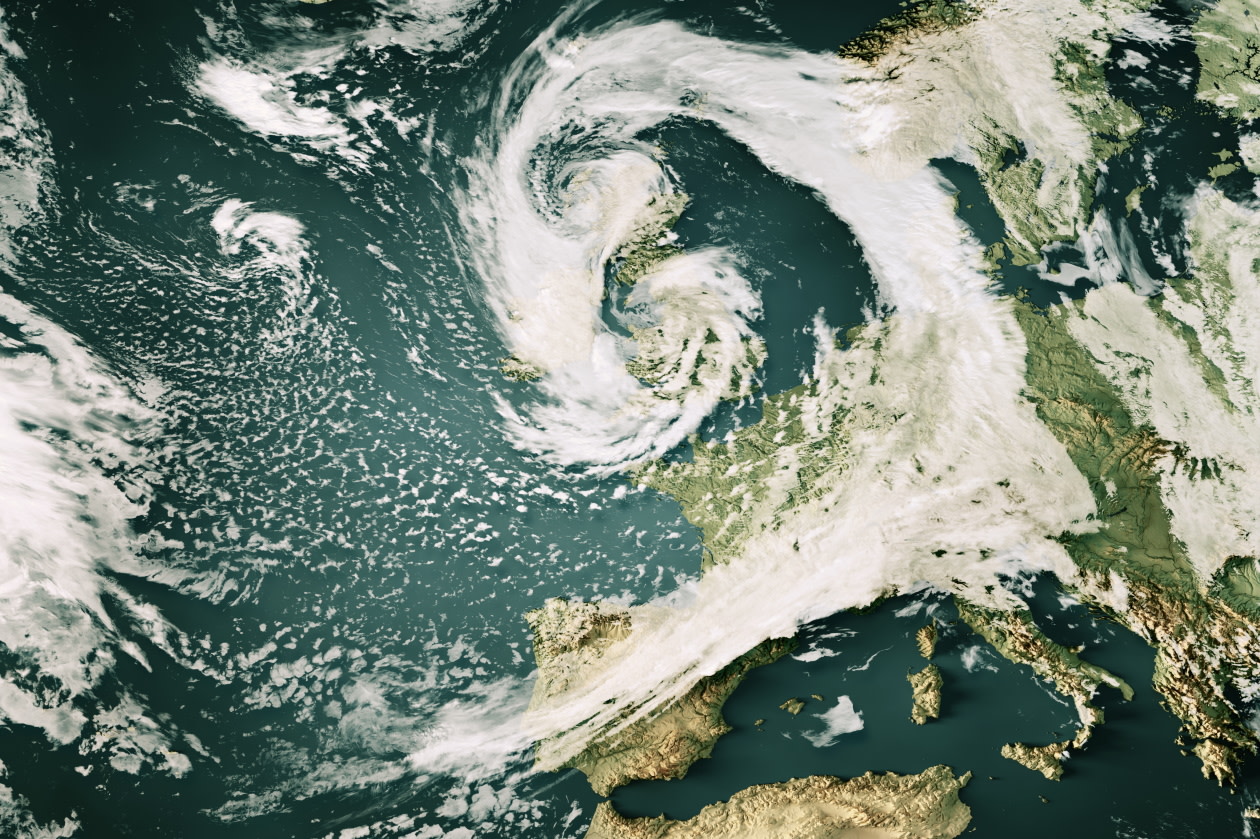Cop29 in Baku has concluded but its outcome is disappointing – in many dimensions. Its decisions on finance – agreeing that the developed world would provide US$300bn a year by 2035 – come nowhere close to what’s needed. Ultimately, it may even be poisonous because of its lack of ambition and muddled scope – it does not even cover loss and damage.
Baku saw little sense of urgency or increased climate action, despite the universal message from scientific studies, including the Climate Action Tracker. Our global update this year found that in the last three years there’s been virtually no improvement in either action on the ground, nor ambition to take action in the future. And this is despite a series of seemingly never-ending, global warming-linked deadly catastrophes unfolding around the world.
It deferred implementation of the first global stock take, the most critical part of the Paris agreement that assesses progress every five years. Last year it found in the strongest terms that the world was far off track to meet the Paris agreement’s 1.5C warming limit and that we need to urgently transition away from fossil fuels.
How did this all come about? There are several themes that interrelate.
There has long been serious concern at the prospect of a petrostate in charge of the climate talks for the second year in a row. Few had any confidence that the Azerbaijan presidency would put aside its oil and gas and interests in favour of the greater good – and no one was disappointed on this front.
Throughout the last two weeks in Baku, the presidency appeared to listen mainly to the Saudis and the bigger emitting countries of the like-minded developing country group, essentially ignoring the interests of the small island states and least developed countries. Late in the Cop, blatant evidence emerged of the presidency allowing Saudi Arabia to doctor its own texts.
Next was the shocking failure of political leaders to respond to the increasing evidence of the climate crisis.
Australia is no exception. Nearly all observers believe climate change minister, Chris Bowen, is strongly committed to action but most would also agree that the Albanese government, as a whole, has a distinct lack of commitment.
Indeed it appears far more committed to fossil fuel development than taking the kind of action needed to address an issue that has wreaked havoc on Australians, from devastating floods to heatwaves, drought and bushfires. The evidence? Australia’s fossil fuel emissions have flatlined when other countries are beginning to see a significant decrease.
We also see worsening geopolitics after the election of Donald Trump and the rightward move of politics in various elections around the world. But I consider there’s a much bigger thing happening than even these issues, something that explains a lot of the Cop politics and the lack of climate action.
The fossil fuel industry.
It is undergoing a resurgence: fielding 1,700 lobbyists in Baku, fighting climate action, promoting false solutions like carbon capture and storage, pushing offsets over action; net zero over real zero; capturing governments, [often still] denying the science, and doing its best to undermine policy wherever it can.
Oil and gas emissions have been the cause of 90% of the increase in CO2 emissions over the past year, with gas the largest source. Last year the developed world gave this industry US$378bn in subsidies.
Australia likes to present itself as a progressive country that’s taking strong climate action but I’m afraid on fossil fuels it’s entirely hypocritical.
Our research shows that Australian fossil fuel exports make a much larger contribution to global greenhouse gas emissions than domestic emissions, as – alongside Japan and South Korea – it continues to massively promote gas development in the east and south-east Asian region.
The Albanese government needs to work out which side of history it wants to be on when it comes to climate change. A primary school student can work out that you don’t stop bad behaviour by continuing to do it, which makes the government’s dash for gas all the more confounding.
Next year will be another tough one on climate internationally. The next Cop host, the Brazilian government, needs all the support it can get. President Lula wants to secure an ambitious Cop30 outcome that moves us forward on action to limit warming to 1.5C.
Will Australia help? Or will it be too busy promoting its gas interests with companies like Woodside? How will Australia react to the inevitable pressure from the Trump presidency to expand gas use globally, particularly to help gas block the necessary coal-to-renewables transition in the Asian power sector.
And then of course there’s Australia’s bid to host Cop31 in 2026. While it’s clear Bowen rightly sees great benefits for climate action in Australia from hosting Cop31, what’s not clear is whether there is a whole-of-government commitment: it wasn’t particularly visible in Baku.
I wonder whether lying behind this ambiguity is the Albanese government’s larger commitment to develop the gas industry at increasing scale all the way to 2050.
The next few years are going to see a mounting sense of urgency and crisis, if not panic in some places, as climate impacts – long foretold by us in the science community – begin to unfold on an ever-increasing and rapid scale. So by the time we get to Cop31, there’s going to be enormous pressure for action “and indeed on developing momentum for a phase-out of fossil fuels.
But right now Australia is at serious risk of putting itself on the wrong side of history.
• Bill Hare, a physicist and climate scientist, is the chief executive of Climate Analytics
This article was written by Bill Hare from The Guardian and was legally licensed through the DiveMarketplace by Industry Dive. Please direct all licensing questions to legal@industrydive.com.

